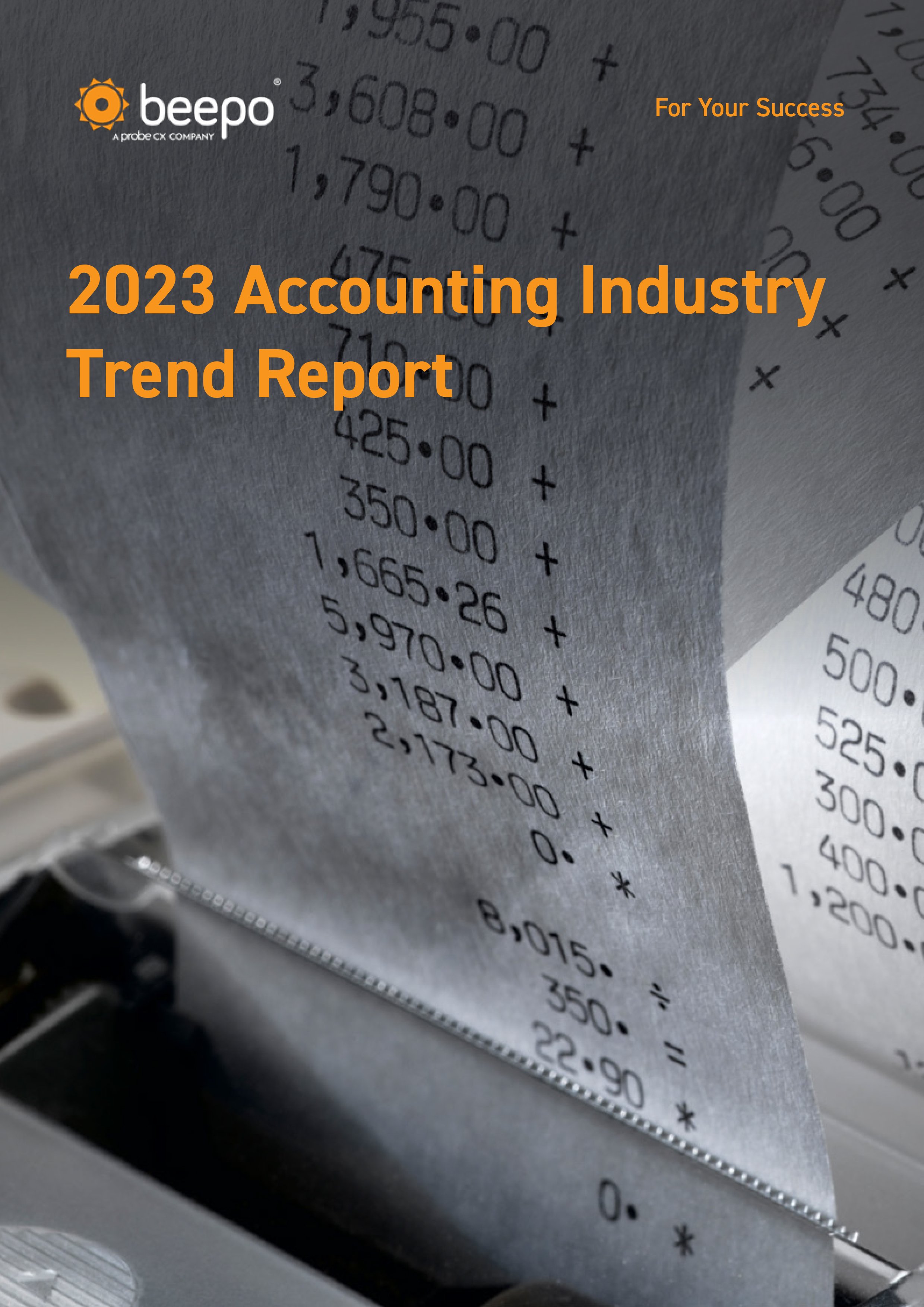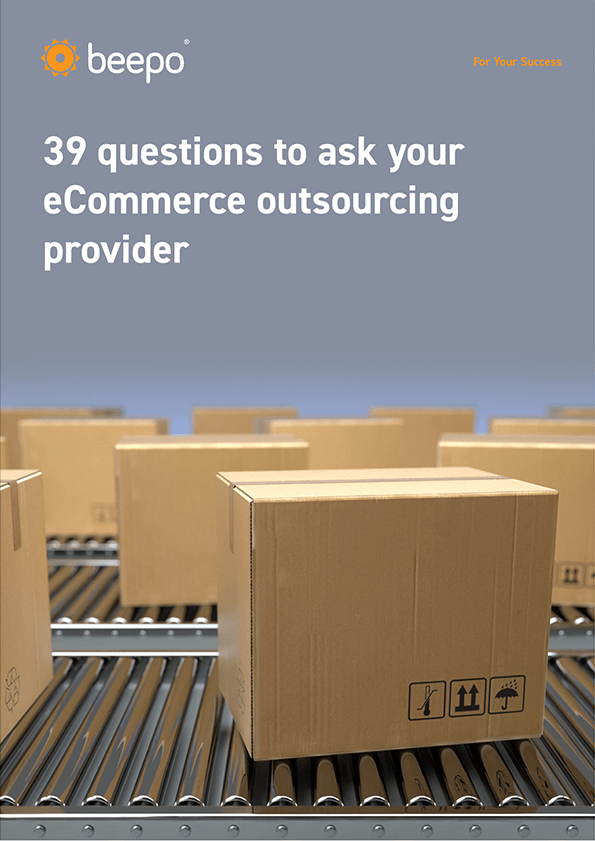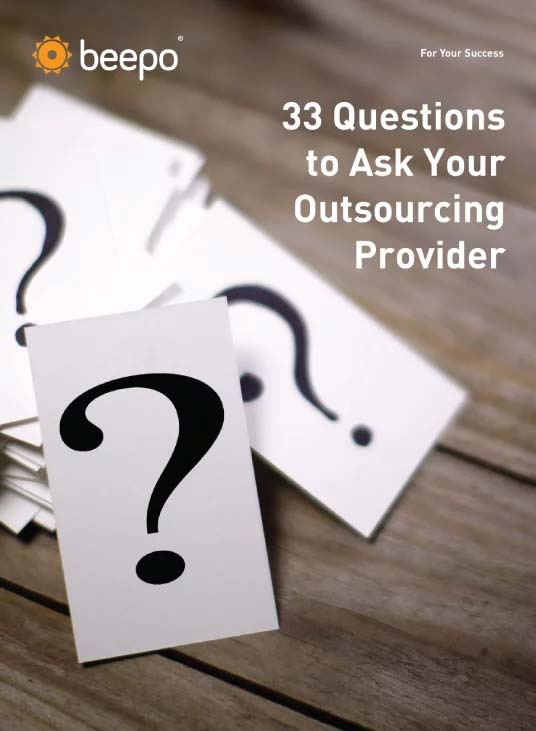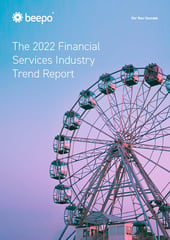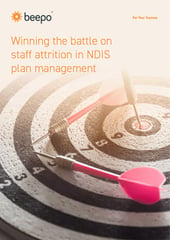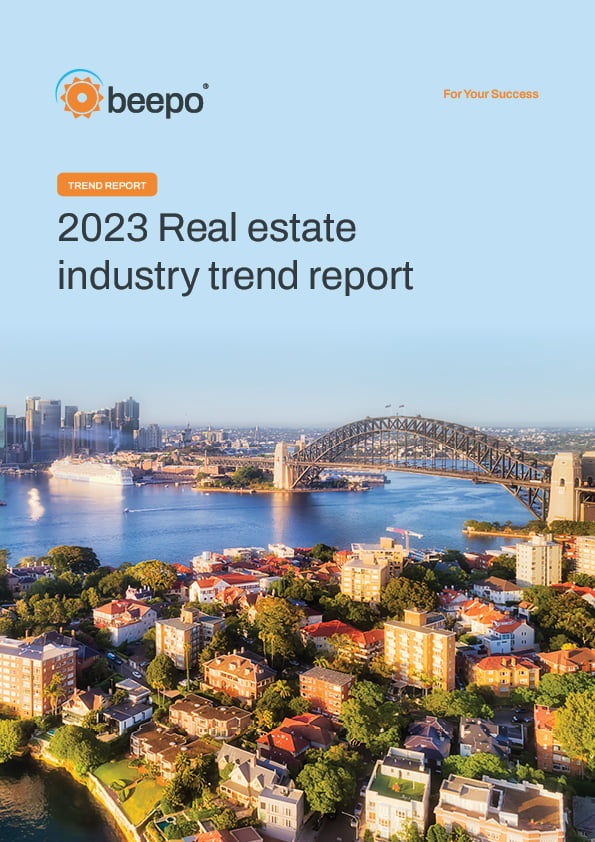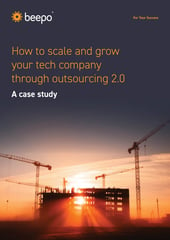If you have ever collaborated with someone on a project overseas or started working alongside a colleague who has just recently moved from another country, chances are you'll notice that they may work a little differently. Factors such as cultural differences, work tendencies and their own take of what constitutes "work-life balance" need be considered to ensure workplace efficiencies are maintained. When working with outsourced teams, this becomes even more evident and as a result, it’s critical to understand the main differences.
In this blog, we'll analyse the key differences between Australian and Filipino accountants to provide you with the knowledge and understanding to introduce outsourced accounting services into your business efficiently. By understanding how Filipino accountants work, you'll be able to streamline communications and expectations across your offshore and onshore teams.
Key Tip: while there may be differences between accountants in the Philippines and Australia, your outsourcing provider should always look to understand what your accounting role requirements are so that they can ensure that those skills, qualifications and experience are reflected in your outsourced team.
CPA education, qualifications & accounting reporting standards

Accountants play an important role in the successful operations of any business. They handle financial statements, bookkeeping and also identify areas for concern from a financial point of view. If any of these tasks are done incorrectly, there could be significant repercussions for the business. This makes employing quality accountants crucial to success.
A key factor to look at is the technical qualifications and skills of the accountants you employ. When outsourcing to the Philippines, understanding what makes a successful accountant there vs. Australia allows your business to identify gaps and ensure this is communicated to your outsourcing provider to streamline processes to guarantee success.
The following table compares the education and professional accreditations that make a great accountant in the Philippines vs. Australia:
|
The Philippines |
Australia |
|
|
Education |
Bachelor of Science in Accountancy (BSA) degree, higher or equivalent |
Bachelor Degree in Accounting, higher or equivalent |
|
Length |
Approximately 5 years full time |
Approximately 4 years full time |
|
Subjects covered |
Financial, public, managerial accounting, auditing, administration, business laws and taxation |
Accounting principles, financial and management accounting, corporate reporting, taxation law and auditing |
|
Professional recognition or accreditations |
CPA: Achieved by becoming a member of the Philippines Institute of Certified Public Accountants (PICPA) - a partner of CPA Australia |
CPA: Achieved by becoming a member of CPA Australia |
|
Requirements: |
BSA or its equivalent | CPA approved bachelor degree in accounting, higher or equivalent |
|
Professional recognition or accreditations |
ASA: Associate member of the PICPA |
CA: Chartered Accountant |
|
Requirements: |
Existing CPA memberships with PICPA | CA approved bachelor degree in accounting, higher or equivalent |
|
Governing reporting standards |
Philippines Financial Reporting Standards (PFRS) |
Australian Accounting Standards (AAS) |
As you can see, the education length for an accounting degree in the Philippines is longer than it would take in Australia. To add to this, the subjects covered throughout one's studies are similar across Australia and the Philippines, for example for national tax regulations and laws that may be different due to the reporting requirements of each country.
International Financial Reporting Standards (IFRS)
The Philippines have adopted the International Financial Reporting Standards1 (IFRS) as their Philippines Financial Reporting Standards (PFRS). The same applies to Australia; they adopted the IFRS as their own Australian Accounting Standards (AAS). Apart from a few differences, both Australia and the Philippines have their own interpretations of the IFRS. When outsourcing to the Philippines, your employees will refer to the AAS if you're based in Australia. Having their own standards interpreted from the IFRS as Australians have done allows them to understand Australian reporting requirements easily.
CPA accreditation
In Australia, possessing a CPA membership acts as the next level of accounting expertise after your degree. Filipinos are also able to get accredited as a CPA in both Australia and the Philippines. The reason being is that CPA Australia and the Philippines Institute of Certified Public Accountants have signed a 'Member Pathway Agreement'. This agreement establishes guidelines on how CPA approved Filipinos who have passed local CPA licensure exams can also attain international designation recognised as a CPA accredited accountant across the globe, including Australia. In summary, if you hire a CPA in the Philippines, they will perform the same level of expertise as an Australian CPA.
Chartered accountant (CA) accreditations
To become a chartered accountant in Australia requires more investment than becoming a CPA. You can be both in Australia, but generally, the CA program is a lot more lengthy and intense. The equivalent qualification in the Philippines is to become an ASA or an associate member of the Philippines Institute of Certified Public Accountants (PICPA). This, too, requires significant investment as you have to be an existing CPA member to apply. The interesting comparison here is that to become an ASA, Filipinos must hold a university degree recognised by the Australian Government Department of Education and Training as equivalent to the Australian bachelor degree level. In summary, if you hire an ASA accredited accountant in the Philippines, they will already be CPA qualified AND have a similar level of expertise as a CA in Australia; best of both worlds.
Certified public accountant technical skills & experience requirements

Qualifications and education aren't all that makes a great accountant. Accountants read, analyse and review a significant amount of both financial and numerical data to create quality reports and even offer financial advice to senior management. The success of these daily tasks all comes down to the individual technical skills of the accountant; honed and developed throughout the years and years of experience within their trade.
In the Philippines, the career structure of an accountant is very similar to Australia. A general accounting career could be to start in the accounting industry as a Junior or Graduate Accountant, then move into an Accountant or specialist roles such as Management Accountant or Financial Accountant depending on the size of an organisation, then more senior roles such as Senior Accountants or even executive positions. The reason for the similarity in accounting career structures is largely due to the Western influence within the Filipino culture. As the direct result of being a colonised country, Filipinos share similar values and behaviours as their Australian counterparts. In the accounting field, this ensures a sense of professionalism and attention to detail.
This directly flows into the technical and personal skills component of accountants. Due to these cultural similarities, Filipino accountants are just as skilled problem solvers as Australian accountants. By analysing and interpreting financial statements and documents, they become valued assets to an organisation. Hence, their data analysis and understanding skills need to be top-notch and on par with their Australian counterparts. They also need to be excellent communicators and can translate financial information into reports that non-financial stakeholders can understand for future business decision-making, largely due to the Philippines having a Business English Index (BEI) of 7.95, which makes them ideal in understanding accounting terms.
CPA costs, salaries and special considerations

The largest difference between the Philippines and Australia, not just for accountants but for the accounting industry as a whole, is the comparative salaries; the salary of an accountant in the Philippines is considerably lower than that of an Australian-based accountant. Before you get concerned that Filipino accountants are not getting paid what they deserve, it’s important to understand the economic differences and their special considerations between Australia and the Philippines.
Due to the lower living costs of the Philippines vs Australia, what may be considered average in Australia in terms of salary or even your local grocery bill, will not be considered average for the Philippines. This does not mean that the quality of life or quality of work is impacted in any way. It simply means that businesses can save almost 70% on employment costs by outsourcing accounting functions to the Philippines. If anything, it’s a win-win. Businesses that choose to outsource reap the cost-saving benefits, and Filipinos employed through an outsourcing provider, get secure employment and a competitive salary.
Why outsource certified public accountants or accounting services to the Philippines?
You may have already understood the answer to this, as we’ve briefly mentioned some benefits of outsourcing to the Philippines throughout this blog. But, for the large part, here is a quick summary of why and what you can expect to benefit:

- Cost-savings: by outsourcing to the Philippines, your employment costs are up to 70% less.
- Expert advice: a BPO guides your business to ensure your decisions lead to an increase in productivity and efficiency for your accounting team.
- Business growth: by outsourcing the transactional, time-consuming tasks to your offshore accounting team, you are freeing up time for your onshore staff to focus on tasks that foster organisational growth and drive revenue generation.
- Improve staff satisfaction: just as you free up time for your business to grow, you are freeing up the time for your onshore staff to grow. By relieving them of repetitive tasks, they can focus on what they were hired to do, which, in turn, leads to higher employee satisfaction rates.
Don’t just take our word for it...
In this case study, we explore how one Australian accounting firm improved bookkeeping efficiencies, increased revenue streams and added value to their clients through outsourcing to the Philippines. They now have an outsourced accounting team of ten, with a mix of team leads, accountants, and administrative assistants.

